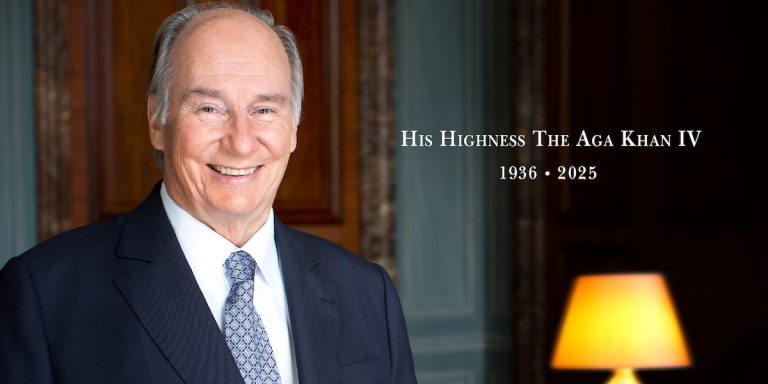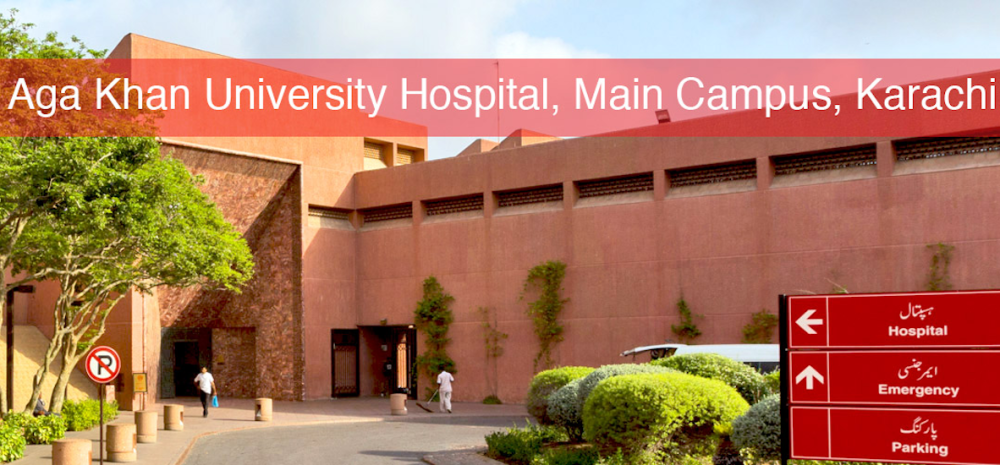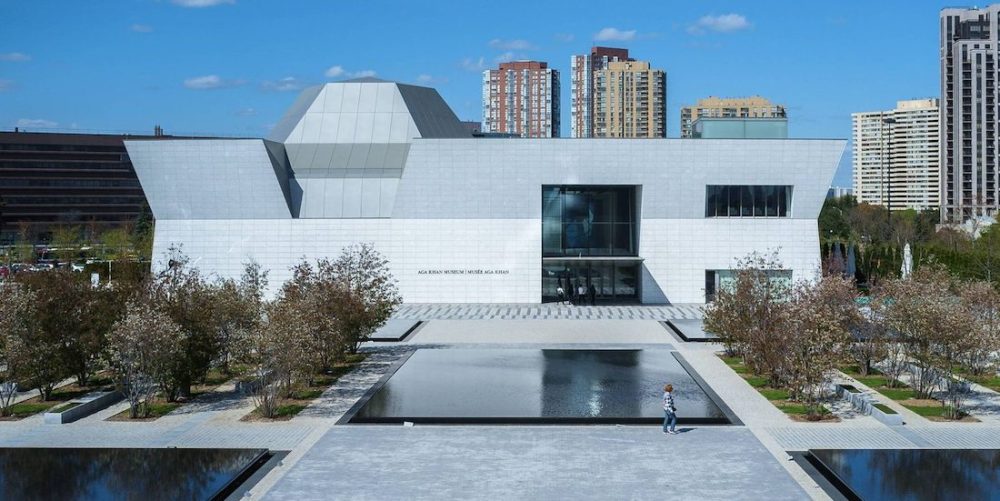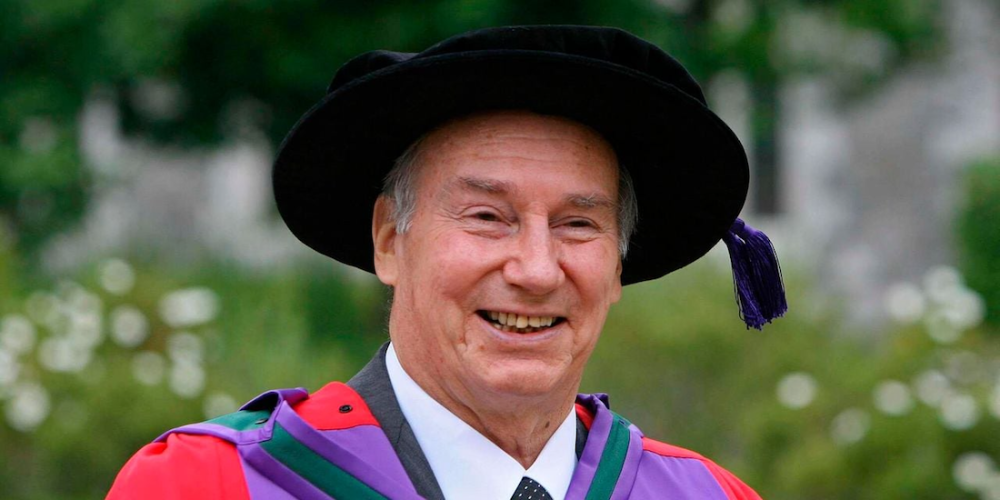
Aga Khan IV championed pluralism, tolerance, and interfaith dialogue. He spoke frequently about the compatibility of Islamic faith with modernity, democracy, and human rights, positioning himself as a moderate voice in an era of rising extremism.

New York, N.Y. — Aga Khan IV (Shah Karim al-Hussaini) died on February 4, 2025, at age 88 in Lisbon, Portugal. He was buried on February 9, 2025, in the Mausoleum of Aga Khan in Aswan, Egypt. The Aga Khans claim the titles of Prince and Princess by virtue of their descent from Fath Ali Shah of the Persian Qajar dynasty, and this title was officially recognized by the British government in 1938. He was given the title “His Highness” by Queen Elizabeth in July 1957.
However, he wasn’t royalty in the traditional sense of ruling a kingdom. He was the 49th hereditary imam of Nizari Ismaili Muslims, serving from 1957 until his death in 2025, leading a community of approximately 15 million followers worldwide.
His son Rahim Al-Hussaini was named as his successor, becoming Aga Khan V.
A Spiritual Leader’s Modern Vision
Aga Khan IV inherited his position at age 20 when his grandfather, Aga Khan III, bypassed the line of succession to select him as the next imam. The young leader quickly proved his grandfather’s choice prescient, combining deep religious devotion with a modern, progressive worldview that would define his six-decade tenure.
Unlike many religious leaders who maintained distance from worldly affairs, Aga Khan IV believed his spiritual responsibilities extended to improving the material conditions of his followers and humanity at large. He pursued degrees from Harvard University and held a deep appreciation for architecture, education, and sustainable development, which would become cornerstones of his philanthropic work.
Building Institutions for Development
The Aga Khan Development Network (AKDN), established under his leadership, grew into one of the world’s most comprehensive private development networks. Operating in approximately 30 countries, primarily in Asia and Africa, the network employed roughly 80,000 people and touched millions of lives annually.
The AKDN encompassed a diverse portfolio of institutions. The Aga Khan Fund for Economic Development supported businesses and industries in developing nations, creating jobs and fostering economic growth. The Aga Khan University, with campuses in Pakistan, Kenya, Tanzania, Uganda, Afghanistan, and the United Kingdom, provided world-class education and healthcare training in regions desperately needing skilled professionals.
His commitment to healthcare manifested in a network of hospitals and clinics serving remote and underserved populations. The Aga Khan University Hospital in Karachi, Pakistan, became a center of medical excellence in South Asia, while rural health facilities brought basic medical care to villages that had never seen a doctor.

Champion of Architecture and Culture
Aga Khan IV possessed a profound appreciation for Islamic architecture and cultural heritage. In 1977, he established the Aga Khan Award for Architecture, which became one of the most prestigious honors in the field. The award recognized projects that combined aesthetic excellence with social purpose, from mud-brick schools in Yemen to public housing in Indonesia.
His personal involvement in architecture extended beyond awards. He commissioned and funded restoration projects for historic Islamic sites, including the Humayun’s Tomb in Delhi, India, and the Al-Azhar Park in Cairo, Egypt. The Cairo project transformed a 500-year-old garbage dump into a 30-hectare (74-acre) green space, simultaneously creating jobs and restoring adjacent historic neighborhoods.
The Aga Khan Museum in Toronto, Canada, and the Aga Khan Centre in London, England, stand as monuments to his vision of preserving and sharing Islamic culture with the world. These institutions house priceless artifacts while serving as centers for dialogue and understanding between cultures.

Education as Empowerment
Education remained perhaps his most passionate priority. Beyond universities, the Aga Khan Education Services operated schools across three continents, educating hundreds of thousands of children annually. Many of these schools served impoverished areas where quality education was otherwise unavailable.
The Aga Khan Academies, a network of residential schools modeled on the International Baccalaureate system, aimed to develop future leaders from across socioeconomic backgrounds. With campuses in Mombasa, Kenya, and Hyderabad, India, these institutions provided rigorous education emphasizing ethics, service, and pluralism.
His educational philosophy stressed critical thinking over rote memorization and encouraged students to engage with diverse perspectives. This approach reflected his broader belief that educated, empowered individuals were essential for societal progress.

Advocate for Pluralism
Throughout his imamate, Aga Khan IV championed pluralism, tolerance, and interfaith dialogue. He spoke frequently about the compatibility of Islamic faith with modernity, democracy, and human rights, positioning himself as a moderate voice in an era of rising extremism.
He maintained that Islam’s core principles aligned with universal human values and that Muslims should engage constructively with people of all faiths and none. This message resonated particularly in Western countries, where he worked to build bridges between Muslim communities and broader society.
His emphasis on meritocracy within his institutions, hiring and serving people regardless of religious background, demonstrated his commitment to pluralism in practice. The AKDN employed people of all faiths and served beneficiaries without regard to religion, ethnicity, or nationality.
Diplomat and Global Citizen
Aga Khan IV moved comfortably in international diplomatic circles, advising world leaders and advocating for development priorities. He addressed the United Nations, the European Parliament, and national legislatures, arguing for increased investment in development and for policies recognizing the dignity and potential of all people.
His relationship with various governments proved complex. While maintaining strong ties to Pakistan, where the Ismaili community has deep roots, he also developed significant relationships with Canada, Portugal, and several African nations.
Canada granted him honorary citizenship in 2009,
recognizing his contributions to humanitarian causes.
He served as a mediator in regional conflicts and advocated for refugees, drawing on his community’s own history of displacement and resettlement. His personal wealth, estimated in the billions of dollars (€) and derived partly from traditional religious offerings and investments, funded much of his philanthropic work.
Personal Life and Succession
The imam married Sarah Croker-Poole in 1969, and the couple had three children: Princess Zahra, Prince Rahim, and Prince Hussain. The marriage ended in divorce in 1995. In 1998, he married Gabriele zu Leiningen, with whom he had a son, Prince Aly Muhammad, before that marriage also ended in divorce in 2014.
Despite personal challenges, he maintained close relationships with his children, involving them in the work of the AKDN and preparing them for leadership roles. Prince Rahim, now Aga Khan V, worked extensively in development projects and served on various AKDN boards, gaining experience that would prove invaluable in his new role.
Legacy of Service
The scope of Aga Khan IV’s impact defies simple measurement. The AKDN’s annual budget exceeded $1 billion (about €950 million), touching sectors from microfinance to music, early childhood development to disaster relief. His institutions educated millions, employed hundreds of thousands, and provided healthcare to countless individuals who might otherwise have gone without.
Beyond material accomplishments, he leaves a legacy of ideas: that faith should inspire service, that development must be holistic and sustainable, that quality matters as much as quantity, and that human dignity transcends all boundaries.
His passing marks the end of an era, but the institutions he built and the example he set will continue shaping lives for generations. As his son assumes the mantle of leadership, the Ismaili community and the broader world will watch to see how Aga Khan V carries forward his father’s extraordinary legacy of compassion, vision, and service to humanity.
Aga Khan IV Dies at 88, Leaving a Legacy of Philanthropy, Leadership (March 4, 2025)